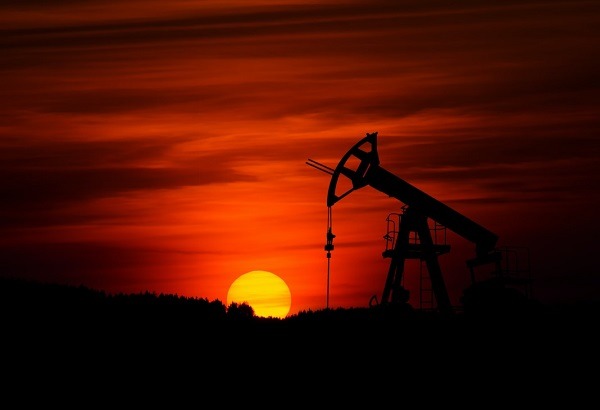What are the significant environmental impacts of exploration for and development of oil and gas? Oil and gas both are causing land pollution and water contamination and potentially threatening health.
Here, we will discuss the most rising current water contamination issues in Texas, related to oil and gas development, and could be the solutions to reduce the danger from the environment. We recommend you also visit https://www.europeanbusinessreview.com/the-evolution-of-the-oil-and-gas-industry-safety/ to know the real score about the evolution of the oil and gas industry safety standards.
Efficient Ways to Track and Reduce Spills
Wastewater, coming from oil and gas wells is often saturated with chemicals and salt and is known to frequently kill marine mammals and vegetation. The leakage of wastewater is the biggest threat to water contamination of the surface water in Texas. It is very important for Texas to be implemented the right policy for better understanding the process of spilling and how it could be limited.
There are several easy ways that can help companies reduce their spills, if adopted. One such effective way is to manage the fluids near the surface of a well. If the wells are well-constructed, the chances of leakage and spills would be reduced automatically. Governmental and non-governmental organizations and citizens must all work together to protect and restore water resources.
Alleviate the Strain of Freshwater Without Increasing environmental problems
Most of the freshwater is used for oil and gas development, and very little, about 1%, is used for hydraulic fracturing. This puts pressure on companies that water pollution is increasing near the resources, and less water is available for the local community.
There is a discussion about if the companies should dig the wells with salty water or to use wastewater, instead of fresh drinking water. The usage of this practice can increase the chance for leaks, which can provide other deeper environmental issues.
A growing consensus to keep industry wastewater in the oil fields
It was suggested to reuse the water coming out of oil and gas production waste for arid purposes. But this wastewater contains many heavy chemicals and fluids that are not safe for human consumption. TAMEST notes that at the moment there is no technology that can clean this wastewater and make it useful for consumption even in the agriculture.
It is thought that injecting the wastewater in deep wells will continue as this method is considered as not so demaging for the environment and the wastewater doesn’t impact on the other water sources.
There is a need to introduce new technologies by oilfield water management that can help make wastewater useable for consumption and reduce water pollution. We shouldn’t practice alternatives until authorities suggest some better plans.
The Texas Recycling Facility
In the south Texas region, Houston Natural Resources is building a Licensed Reclamation Plant to reduce the useage of old disposal methods and to reduce the cost associated with wastewater purification. This water plant will also reduce the chemical toxicity of wastewater that harms freshwater resources.
Working Efficiency of Facilities
The new facilities have impressive performance and can handle almost 25000 barrels of recycled saltwater, chemical fluid and other produced water.
Oil and gas development is affecting freshwater resources that could lead to drought conditions. There is a need to use modern technologies to improve water management and decrease chemical leaching into natural water resources. Thus the aim should be to create a balance between industrialization and quality of life.
